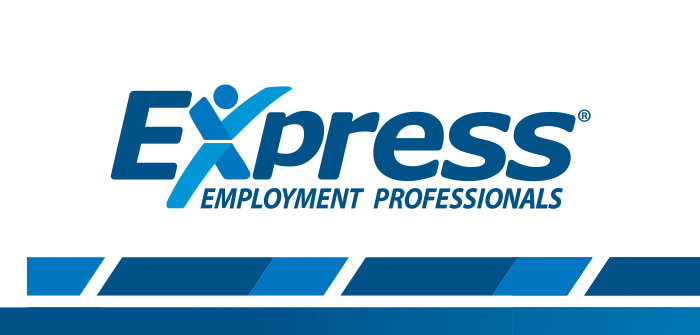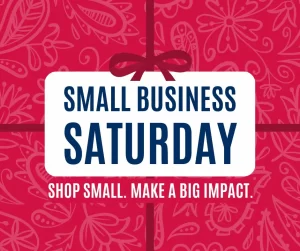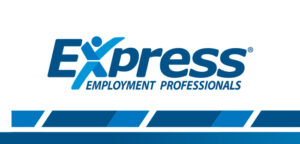How to tell your entire work history in a minute or less
Source: Express Employment Professionals, Moving On Up Newsletter
First things first—what is an elevator pitch? As defined by Investopedia, an elevator pitch is a “…term used to describe a brief speech that outlines an idea for a product, service, or project.” In the world of interviewing, your “elevator pitch” is a quick way to describe who you are and why you’re right for the job. Think of it as a super short version of your cover letter.
You should have one of these speeches handy for networking events and interviews. Or even when you run into someone who is in a position to hire you in a bid to leave them knowing more about you. An elevator pitch isn’t just for business professionals— it can be helpful for any working person as a quick and concise summary of who they are.
Start with Your Resume and Cover Letter
If you already have a resume and cover letter, they are a great place to start (read our resume and cover letter articles if you still need help crafting those).
Your elevator pitch, like your cover letter, should focus on accomplishments and experiences rather than a laundry list of dates and company names. Condense the information you’ve already collected and mix those with details specific to the job you’re interviewing for or hope to have.
What Do You Do Now?
Start with your current position and place of employment and go on from there. Your job title isn’t enough. A quick statement like “I’m a self-employed plumber,” or “I’m an administrative assistant at XXX company” are great ways to begin.
Mention the type of company culture you enjoy. Then, go into a bit of detail regarding your current responsibilities and recent projects. Just make sure to avoid listing your job description. This is more about how your work relates to you as a person, not as a faceless employee.
What Have You Done?
This doesn’t mean listing every single place you’ve ever worked. What type of work are you looking for? If it’s anything that provides a paycheck, that’s fine—the point here is to use any job experience relevant to the job opportunity at hand, preferably something that you were passionate about.
Why does passion matter? Because interviewers and decision makers like to see it. Passion doesn’t have to mean you were in love with your job—it just means that you can recall a project you really enjoyed working on.
Relevance is important because you only have so much time to spend talking about yourself, and irrelevant information isn’t going to get you a job. Mentioning you worked at a fast food join in high school isn’t going to help you get a forklift operating position, so don’t mention it. (Unless, of course, you just don’t have much experience. Then anything is fair game to show your work ethic).
What Do You Want to Do?
In a perfect world, what type of work would you want to be doing? What makes you happy? Although not every job is going to be your ideal, showing that you have a goal in mind for whatever comes next makes you stand out.
Sample Elevator Pitch:
Now it’s time to put it all together. When you start an interview, meet someone at a networking function, or just have the opportunity to tell a new friend about yourself, wow them with your elevator pitch.
“Hi, my name is Andrea Jones. Right now, I’m an administrative assistant at XXX. It’s a great place to work because we’re a close-knit, family-owned company, but I’m moving and ready for a change.
I mainly focus on managing calendars, scheduling my manager’s time, and taking care of guests that come to the front desk. The best part of my job is helping my boss when things get busy. There was one week where I had to reschedule 14 meetings when she fell and hurt her back. It was hectic, but I love a challenge!
I’ve had other admin positions before, at companies like AAA and CCC. At CCC I was an admin for four different managers. That was a fast-paced work environment, but I made sure no one missed a meeting or deadline.
Within the next few years I’m looking to become an office manager. I have the experience, and I’m just looking for the right place to work!


